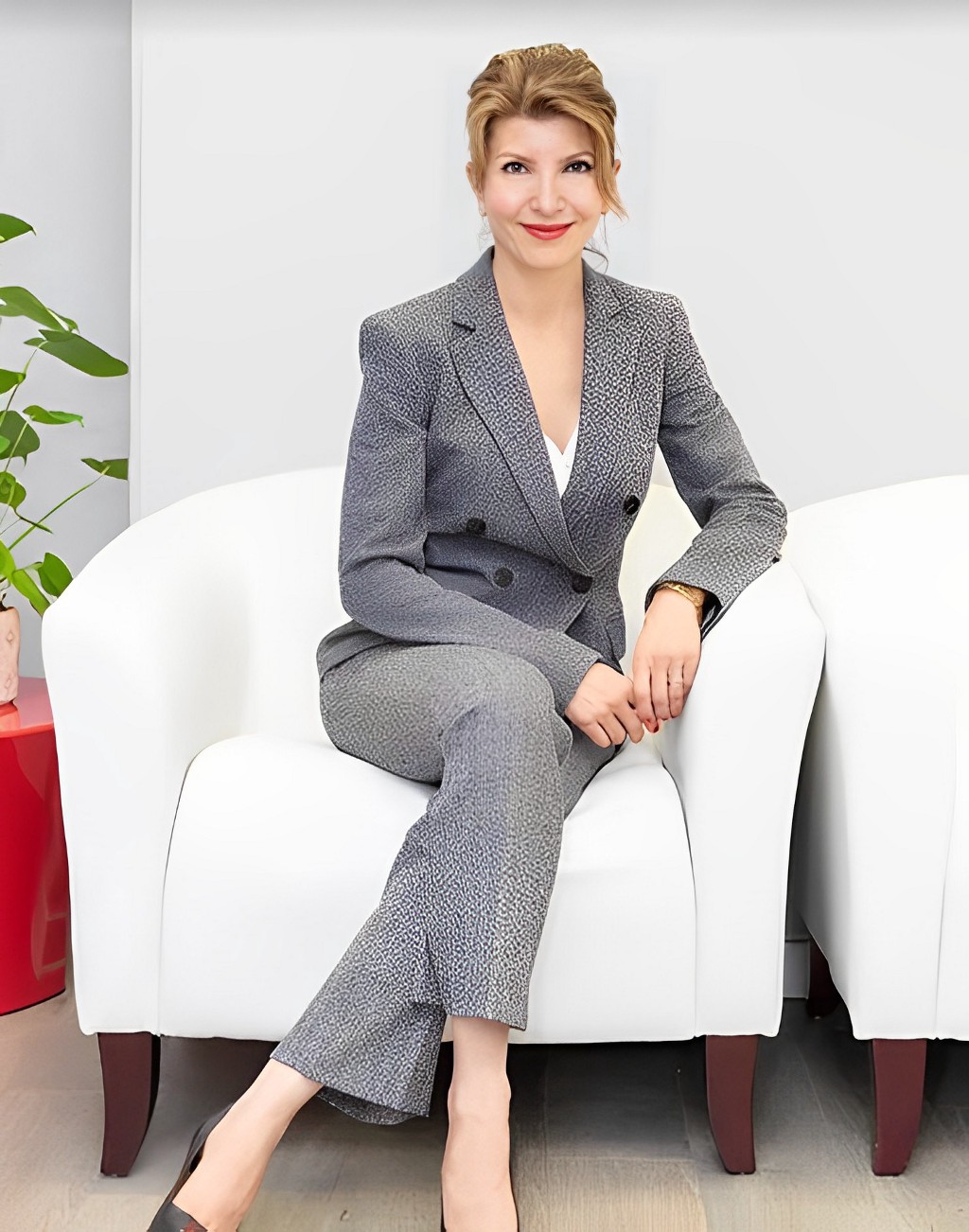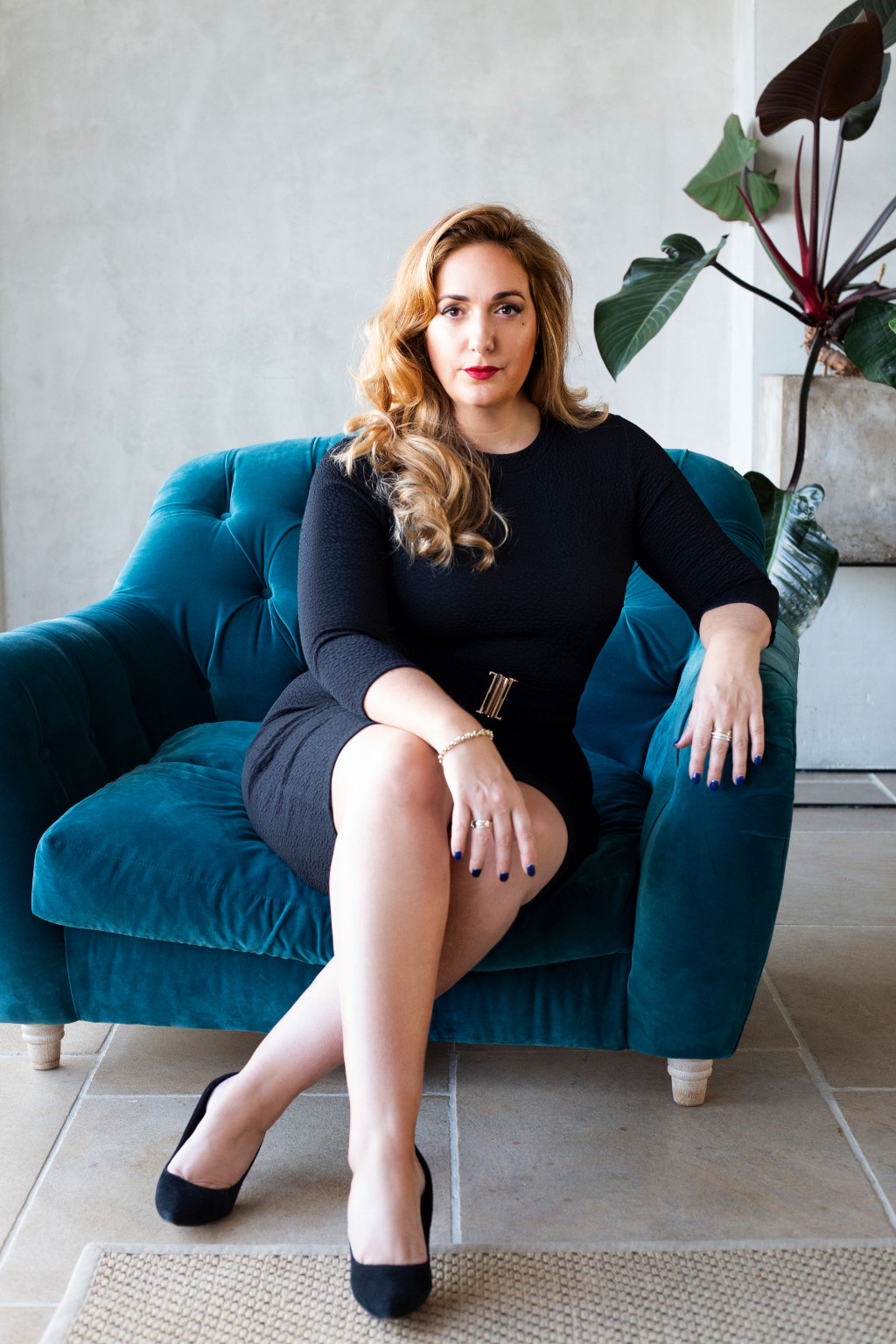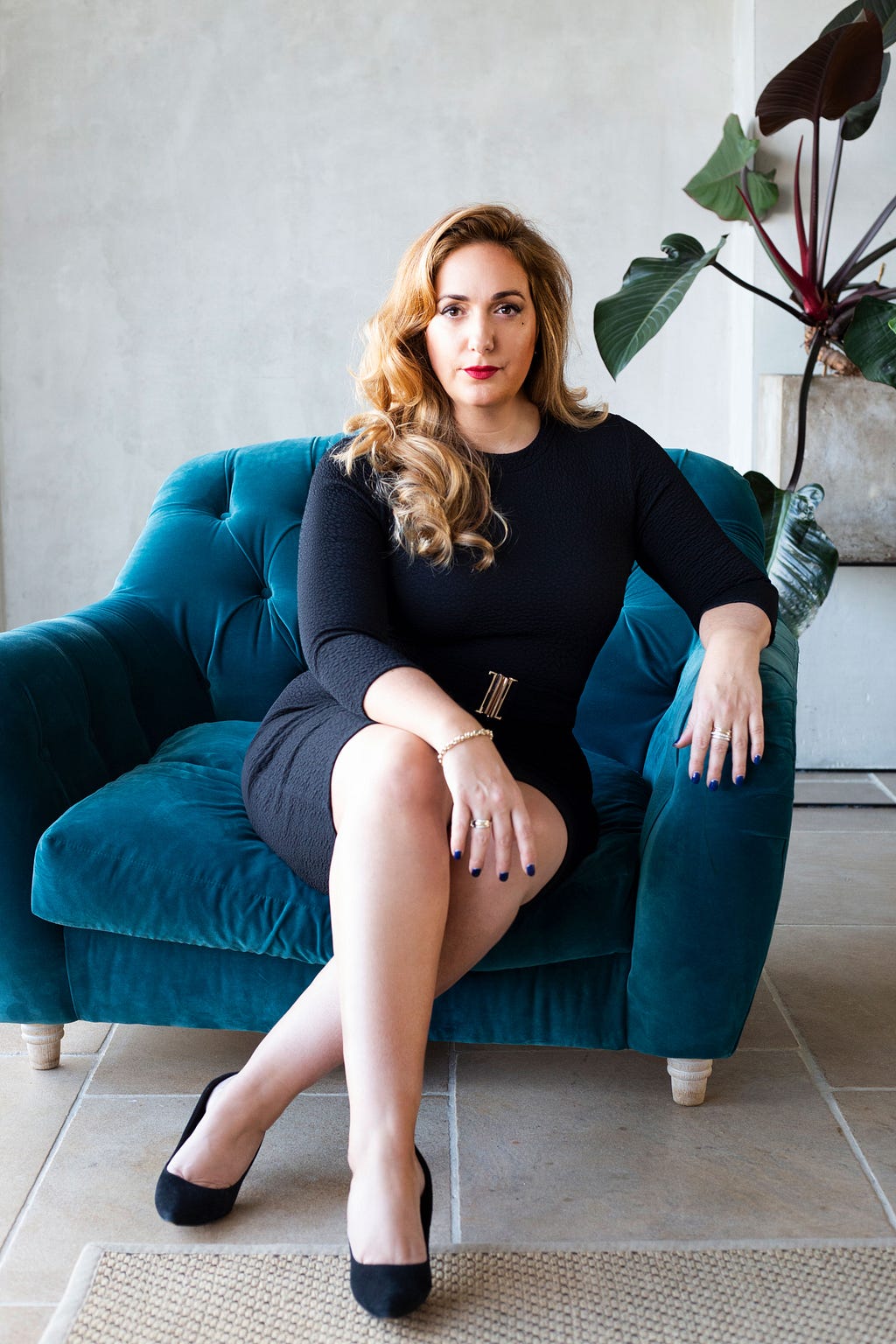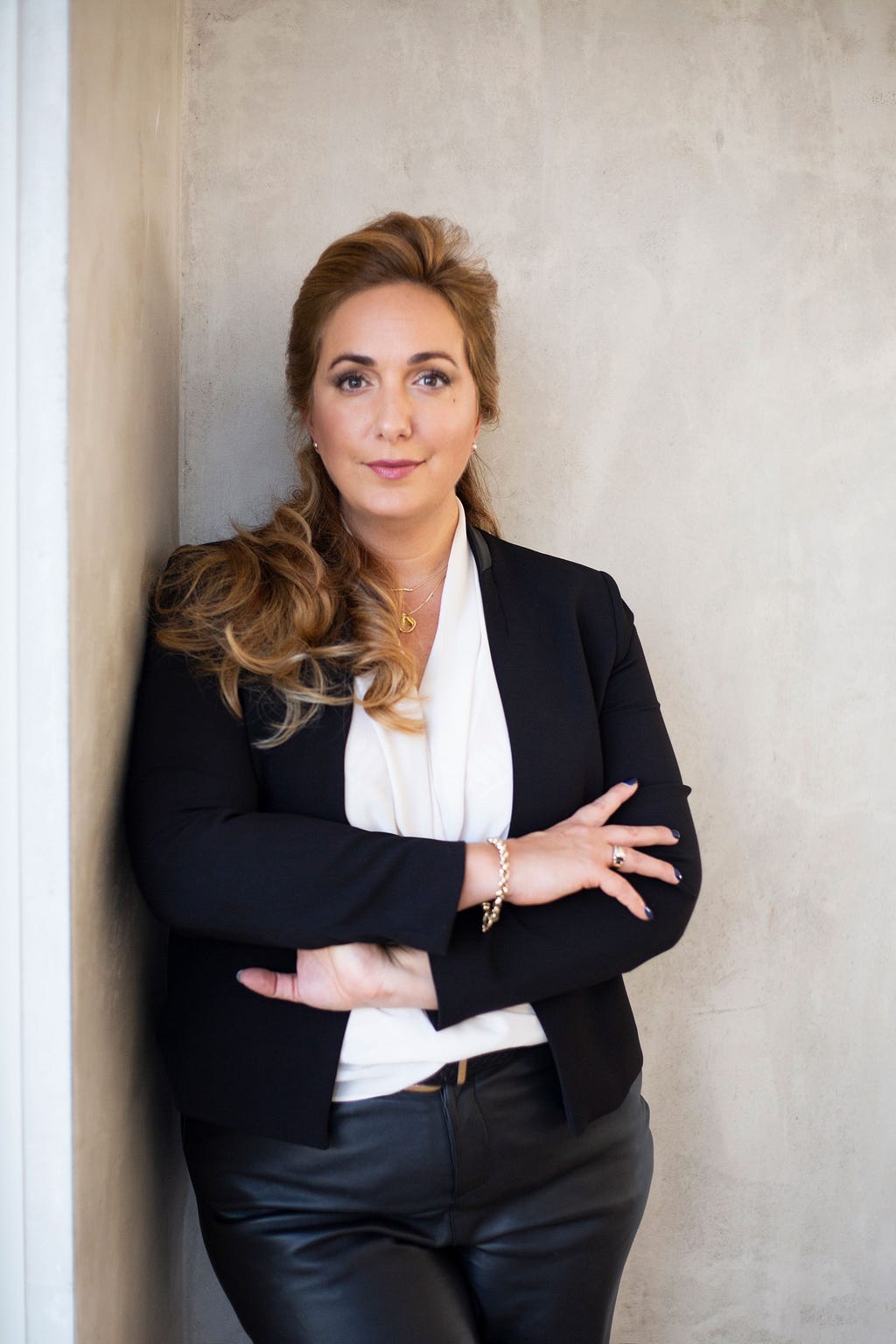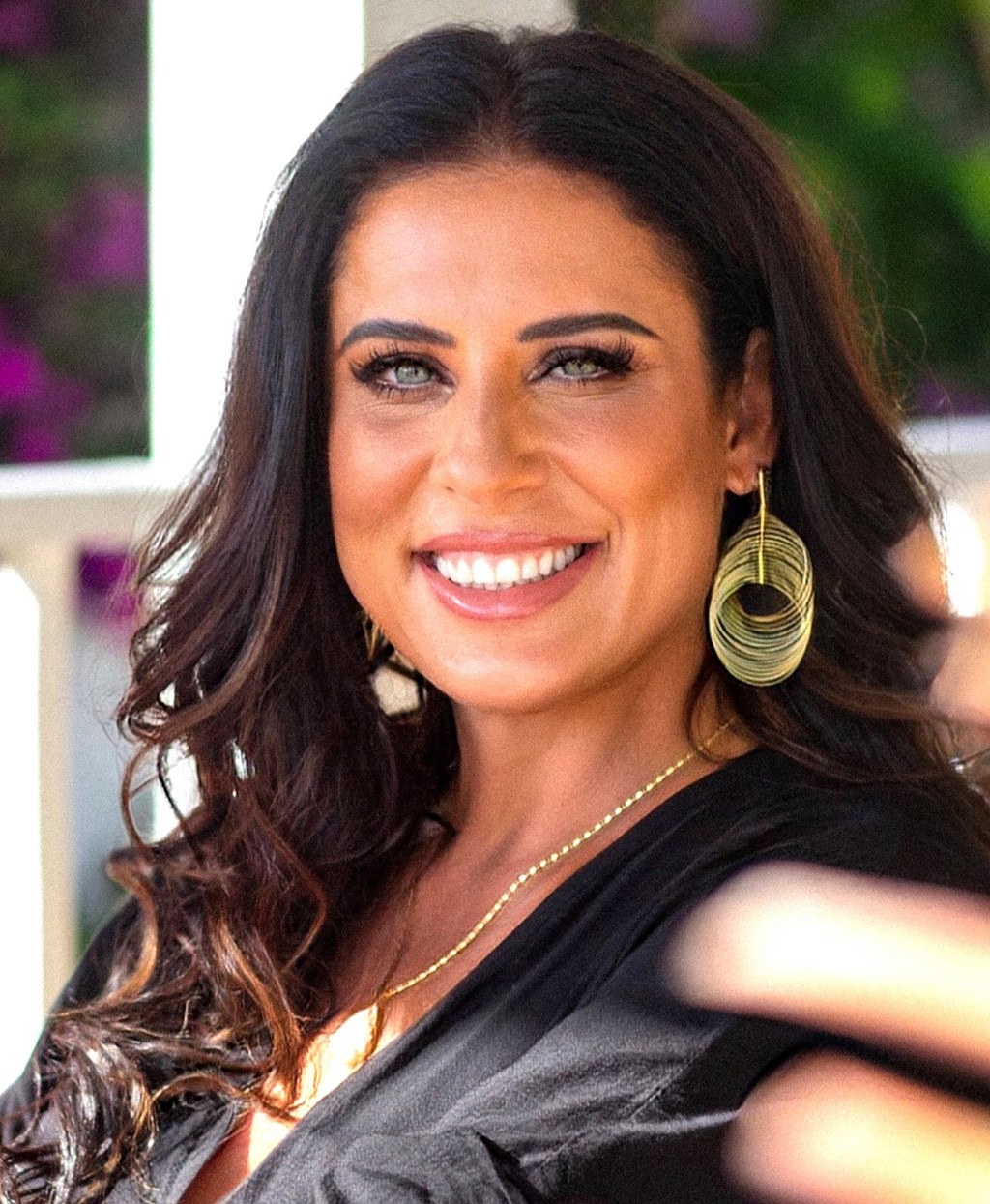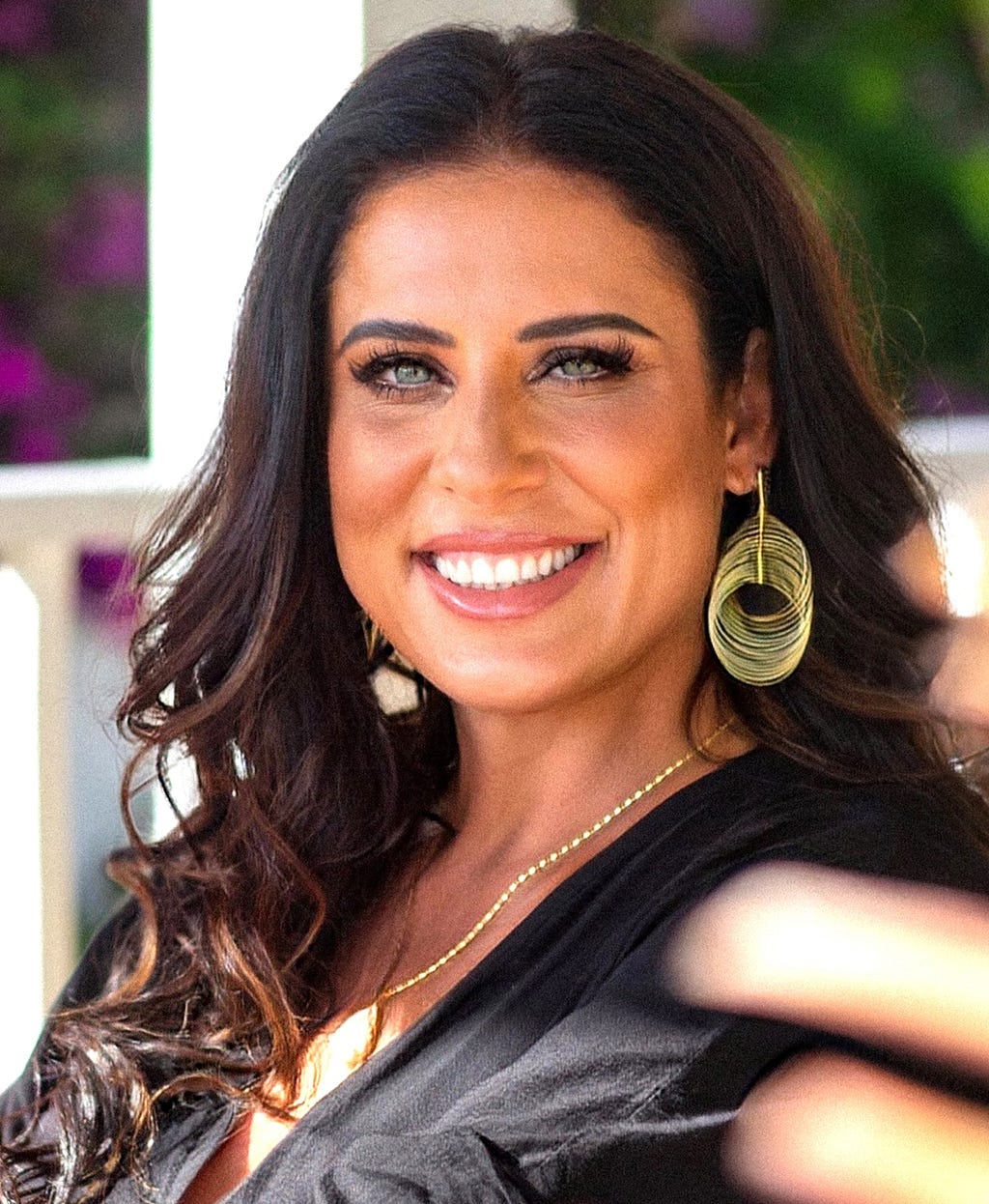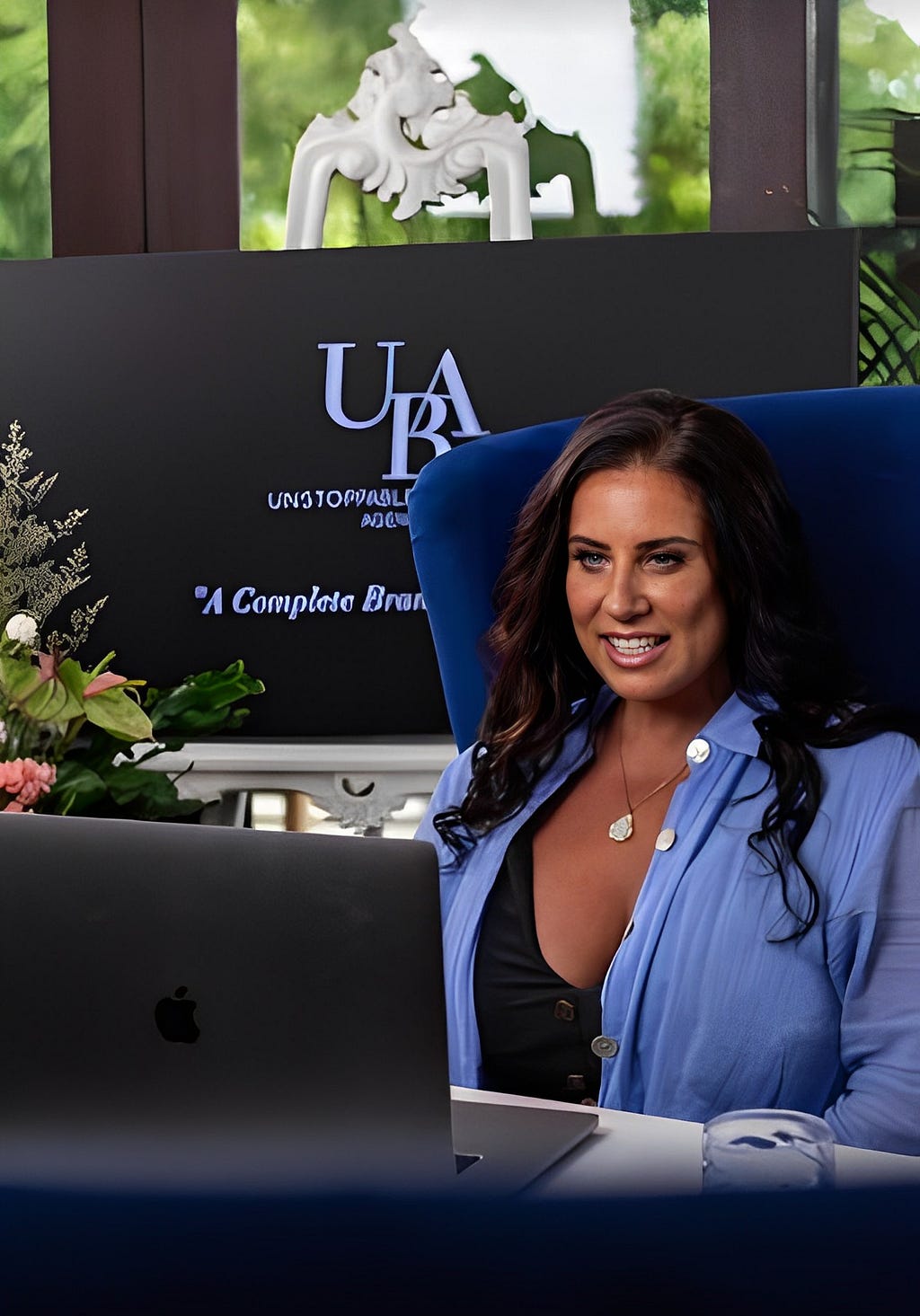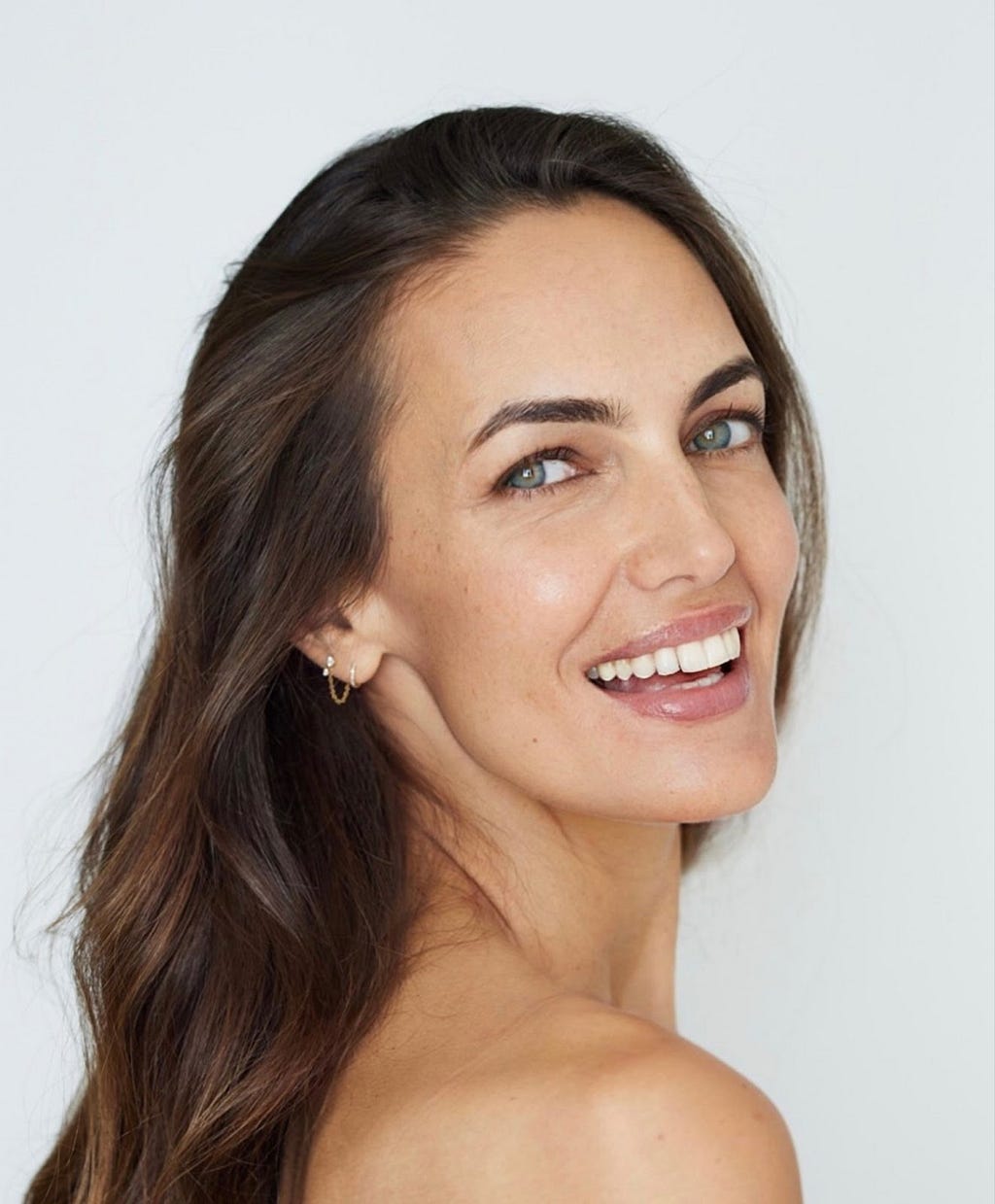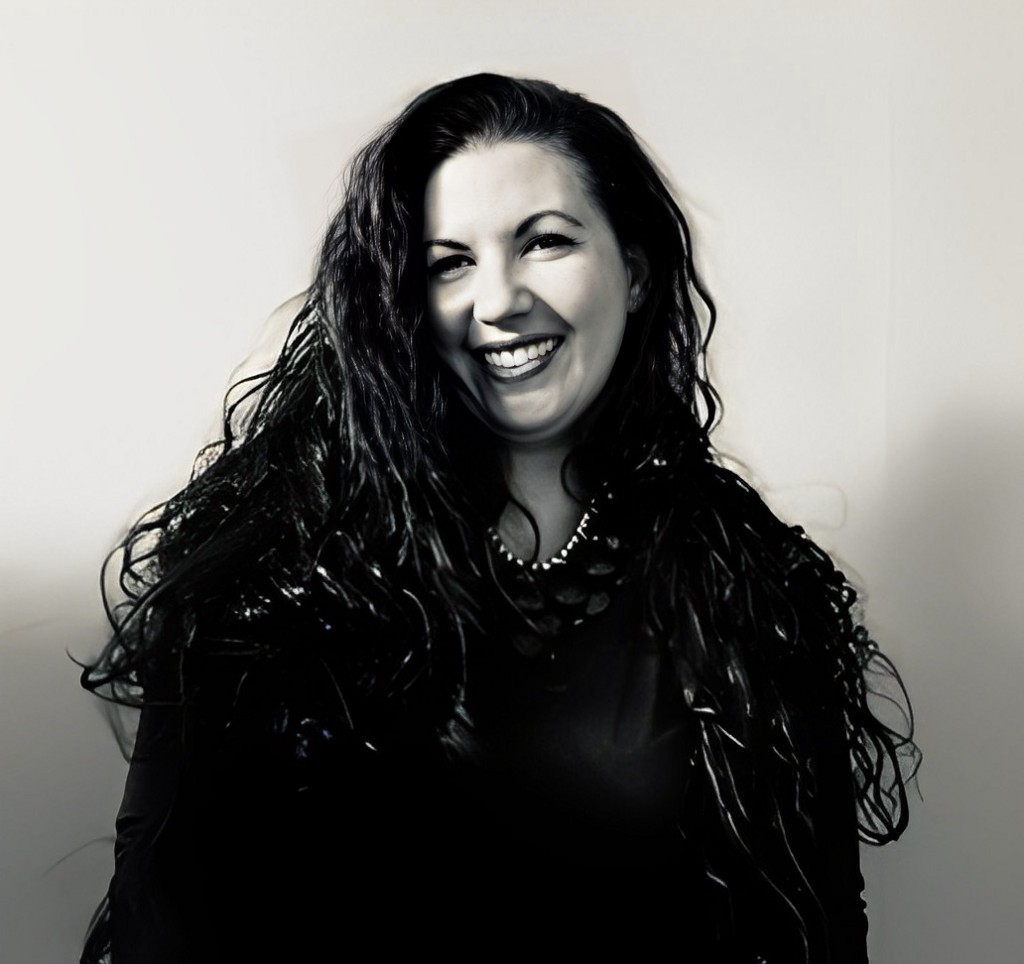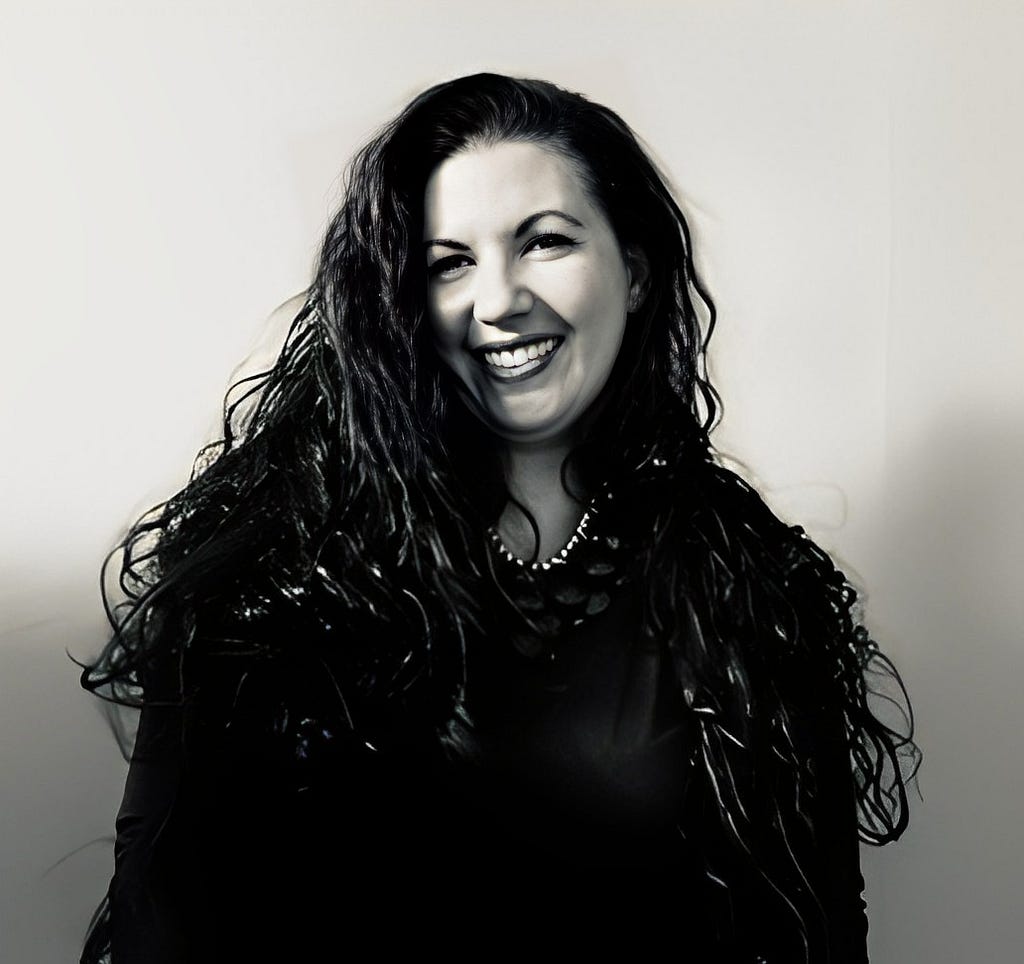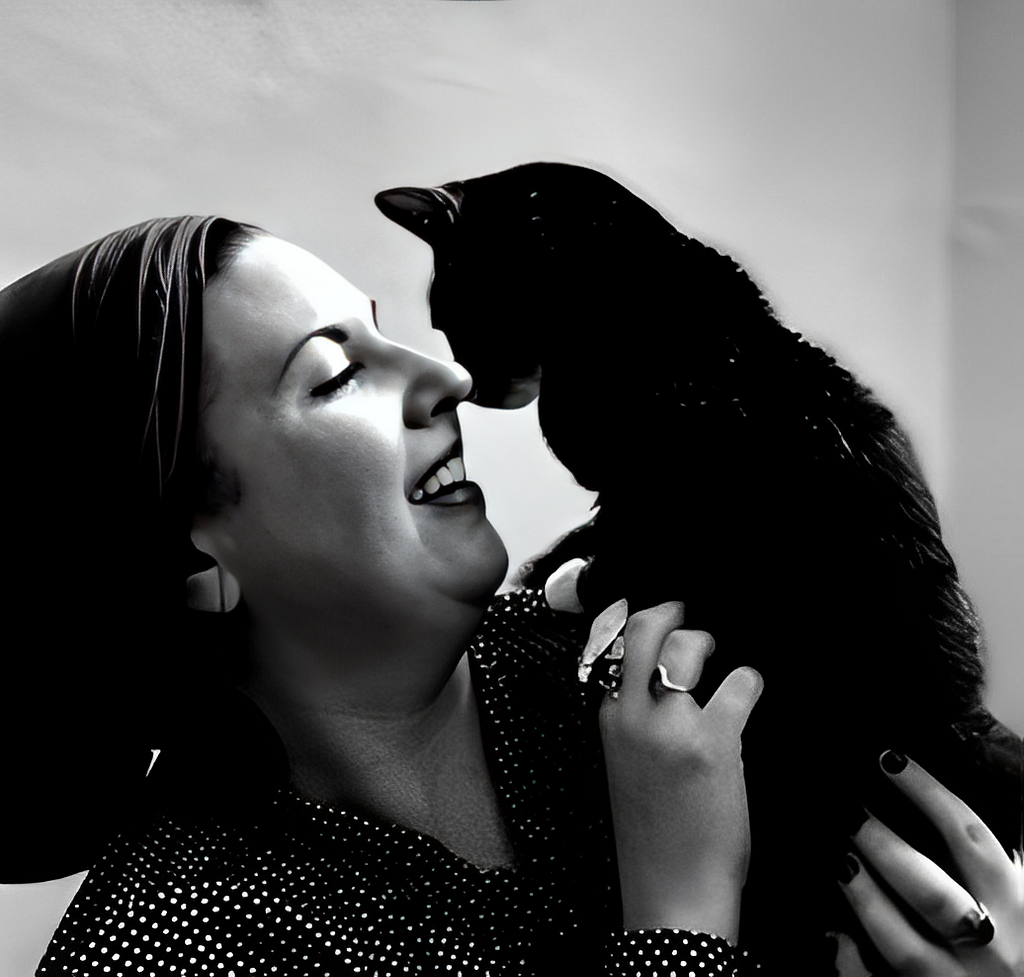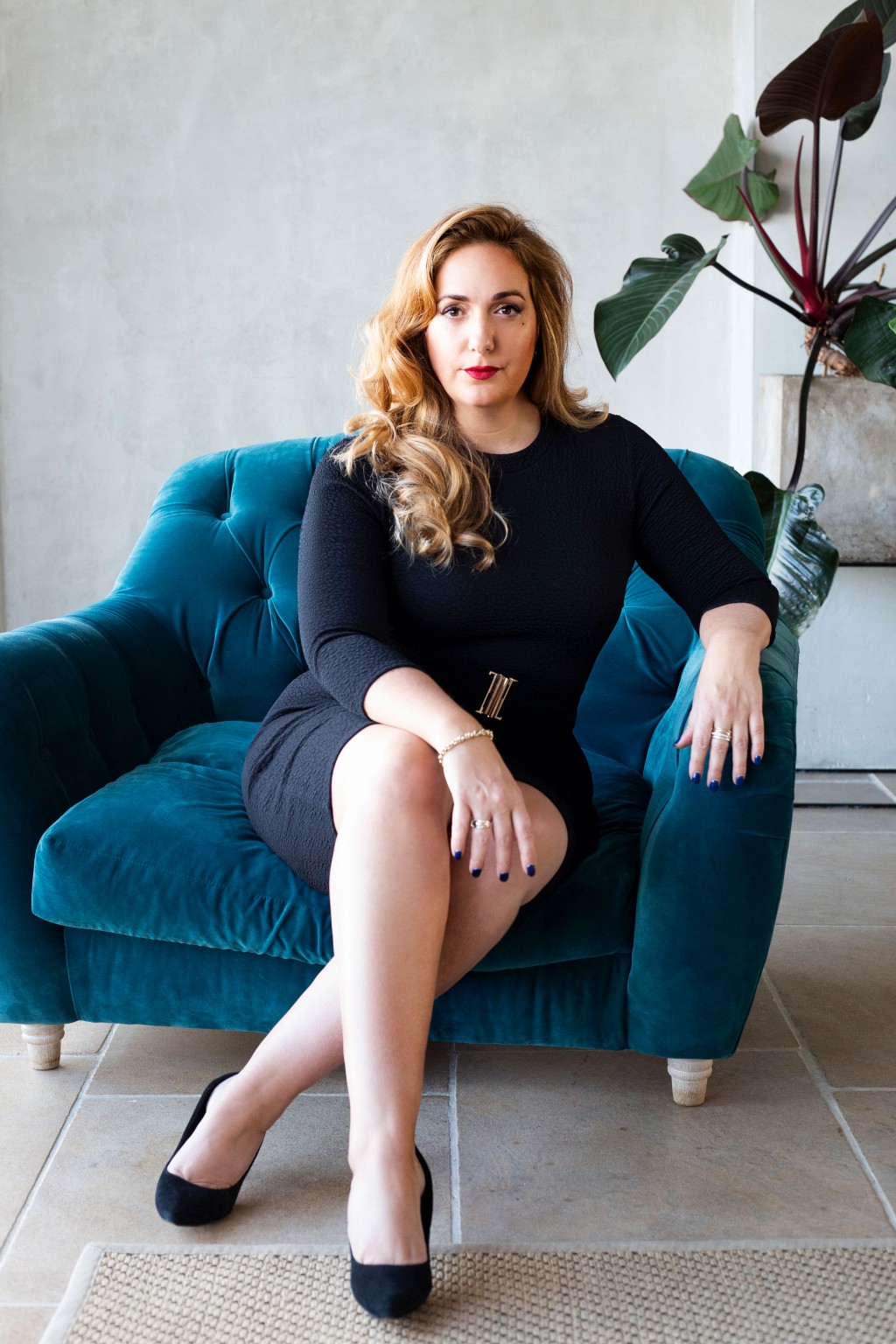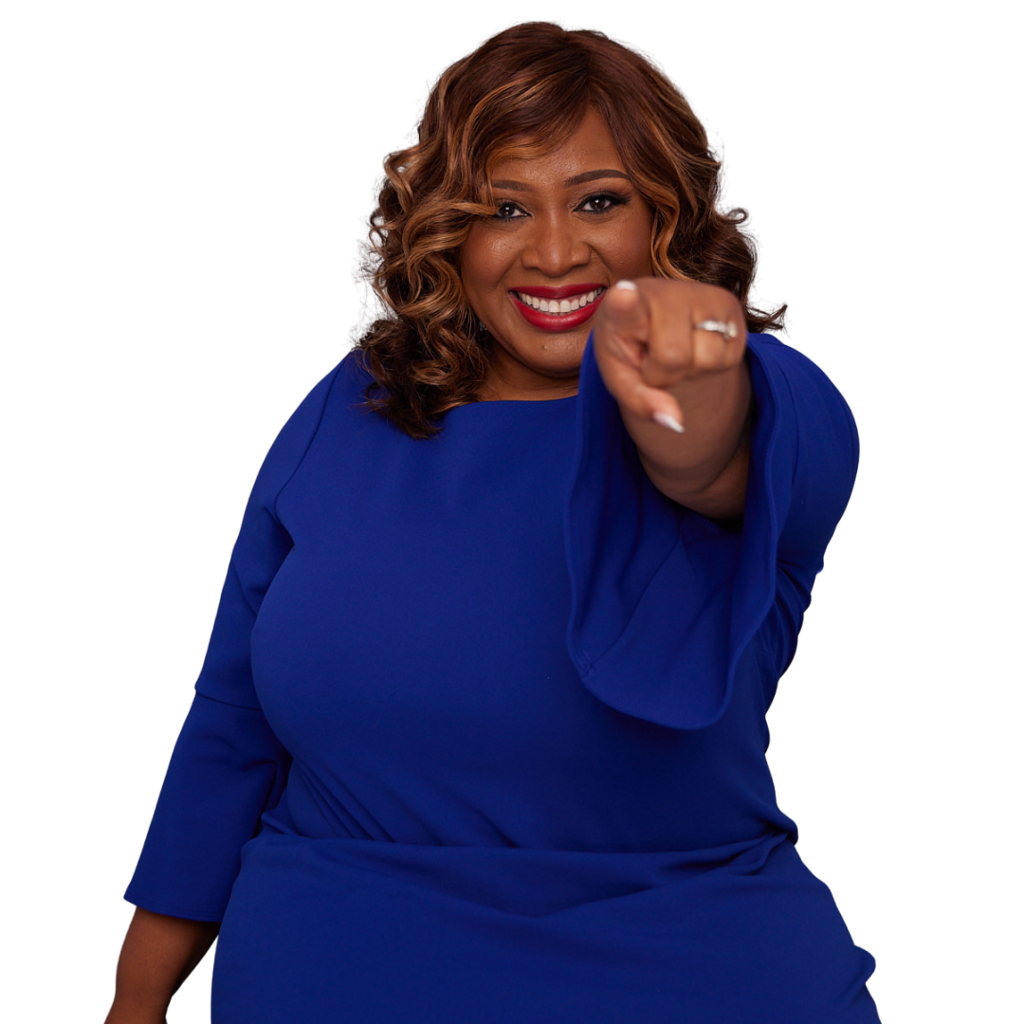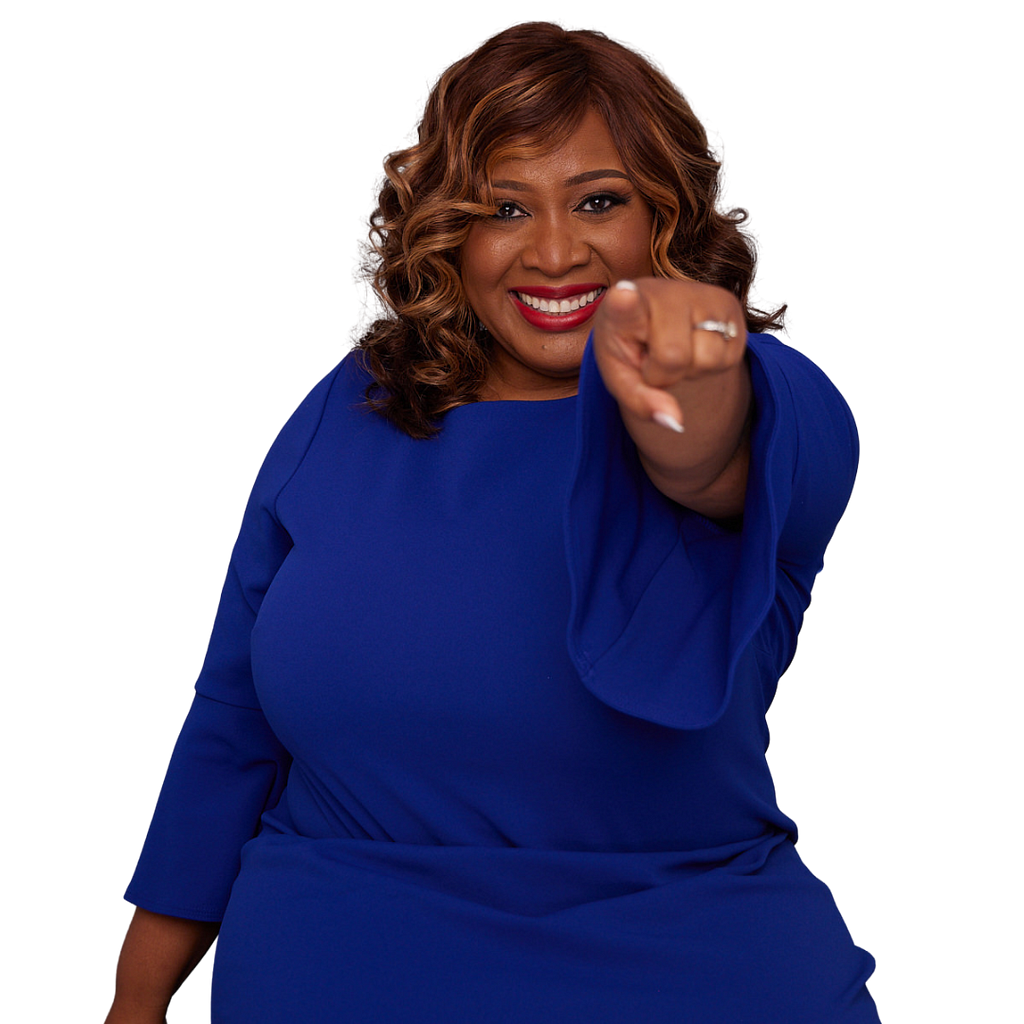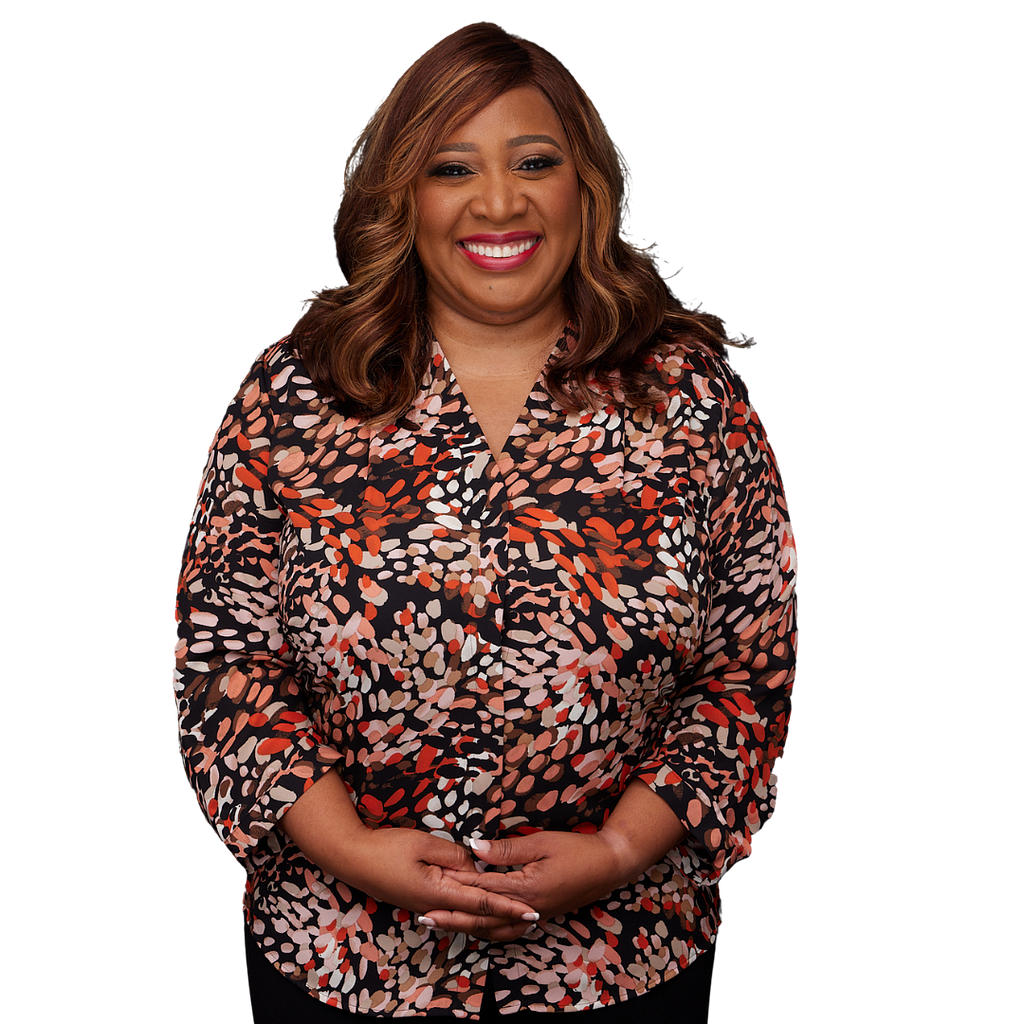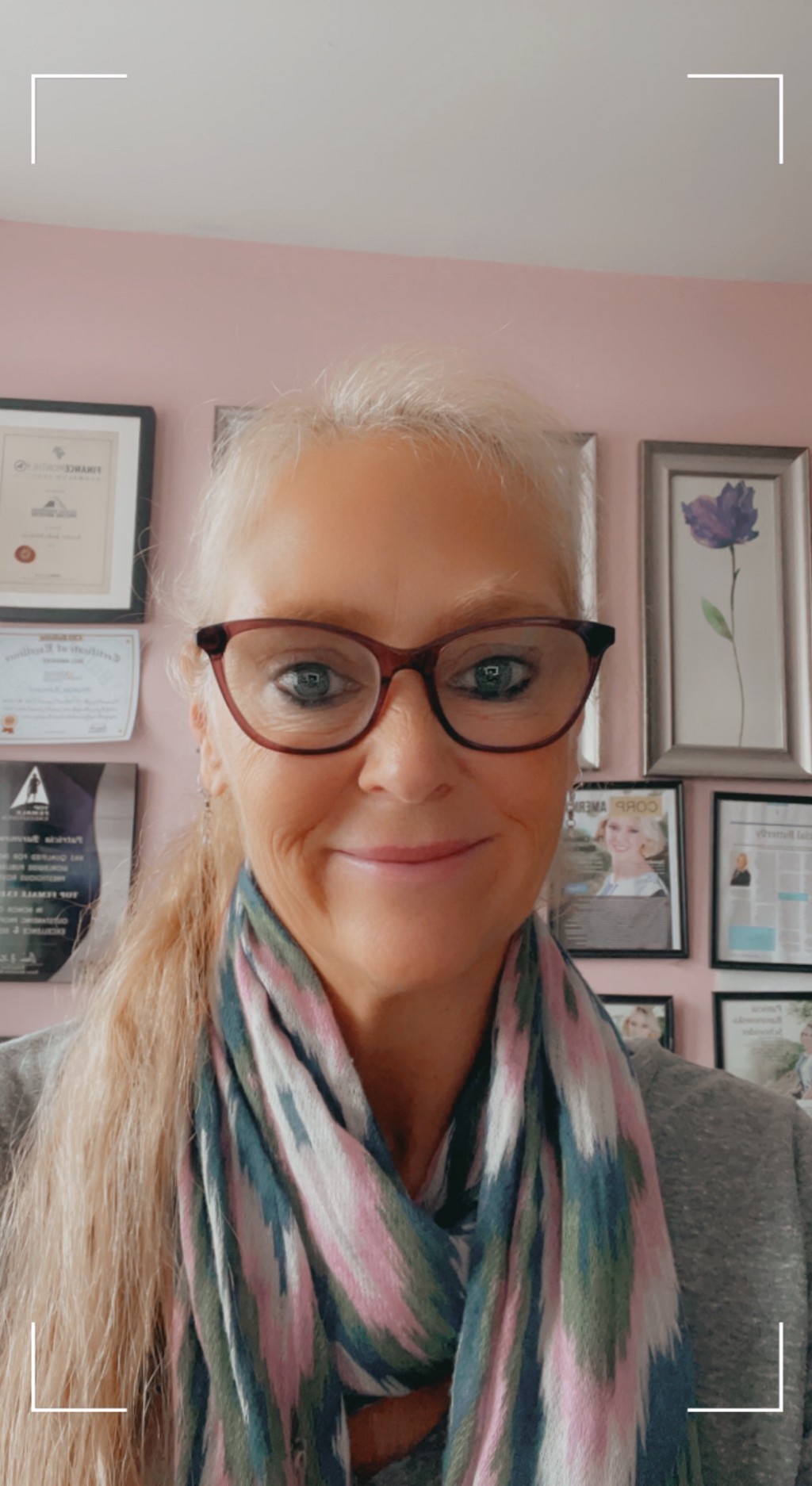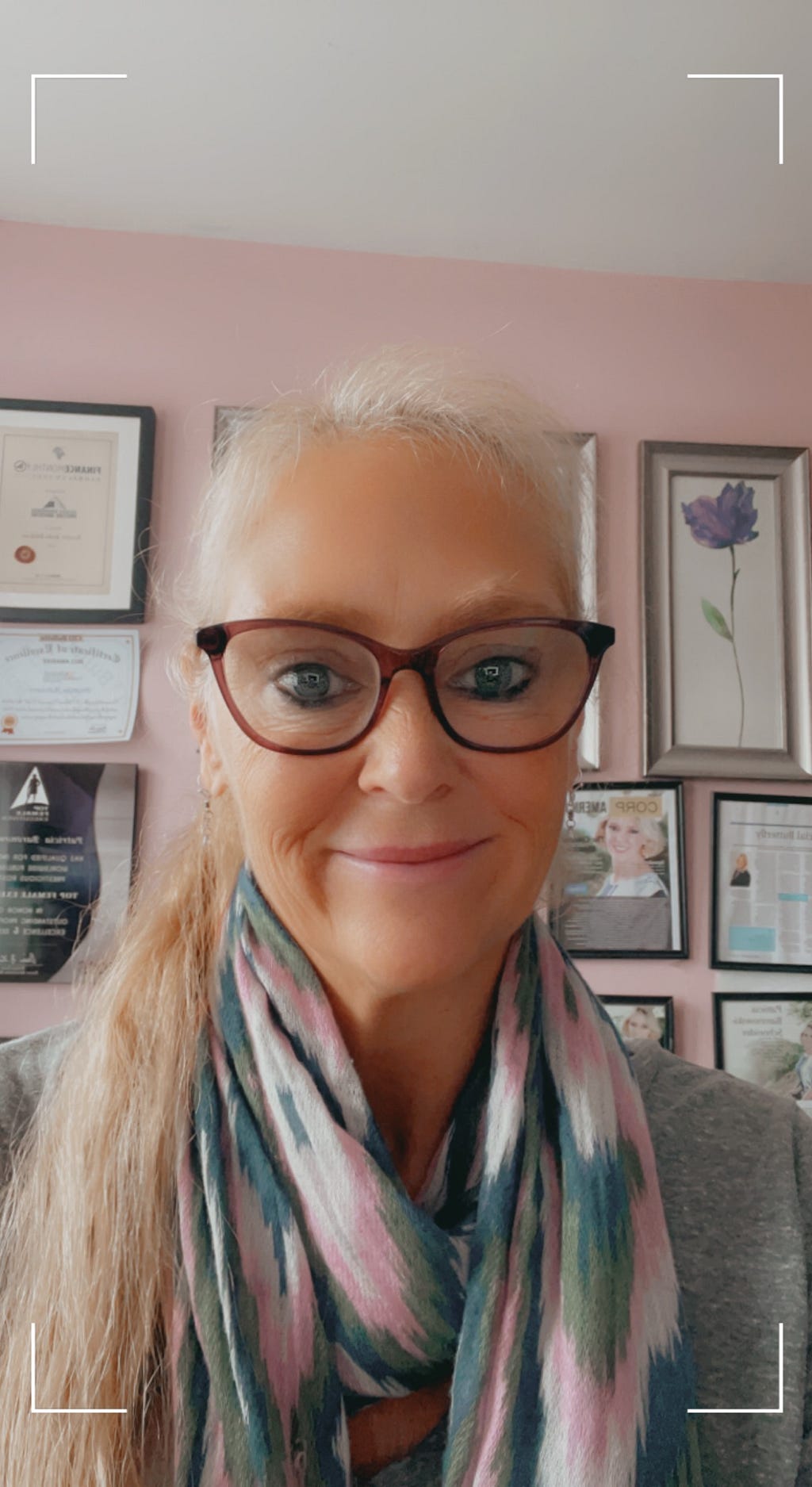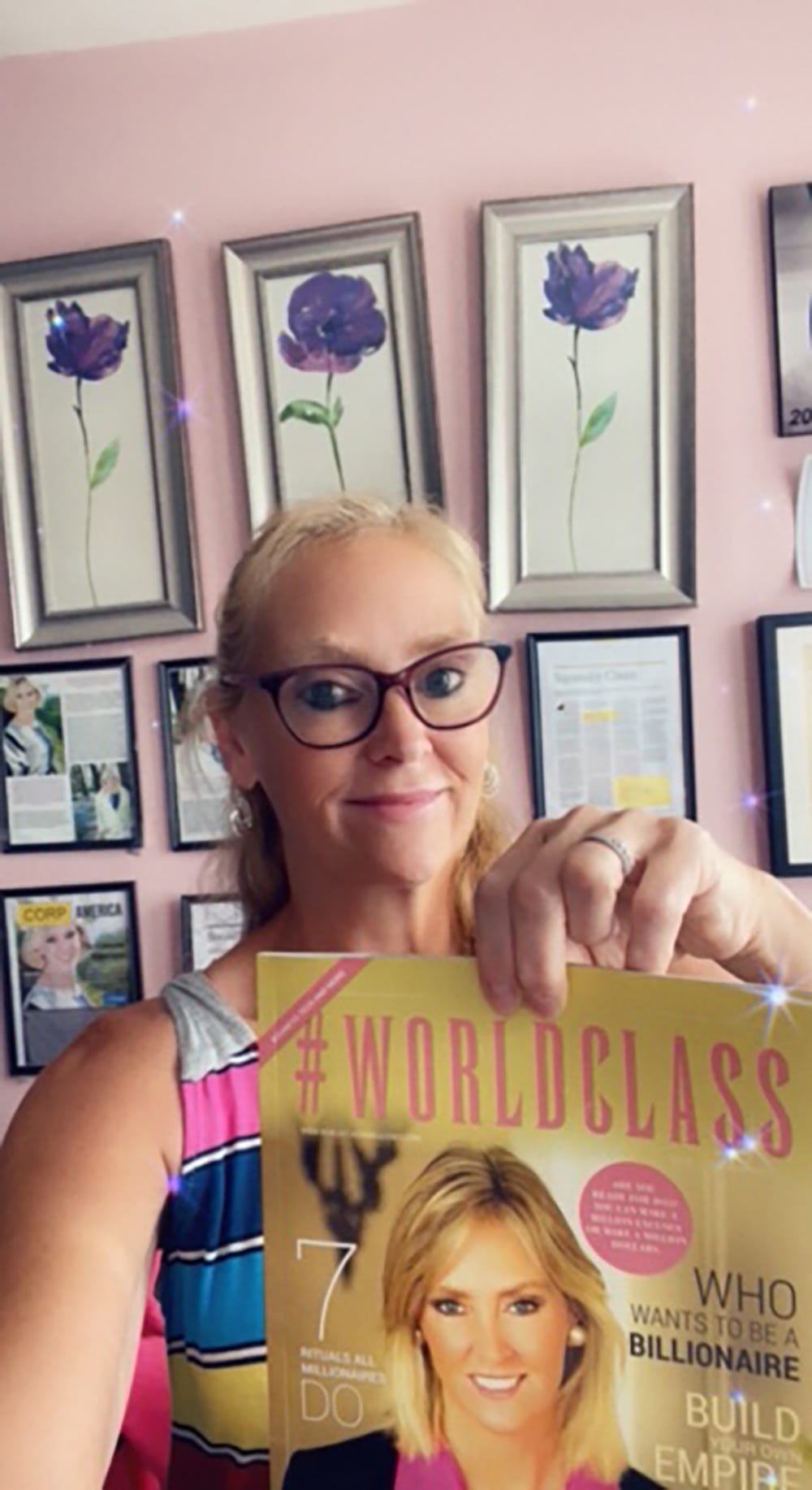Women In Wellness: Raana Kashani Gregg of LUNAESCENT On The Five Lifestyle Tweaks That Will Help Support People’s Journey Towards Better Wellbeing
An Interview With Candice Georgiadis
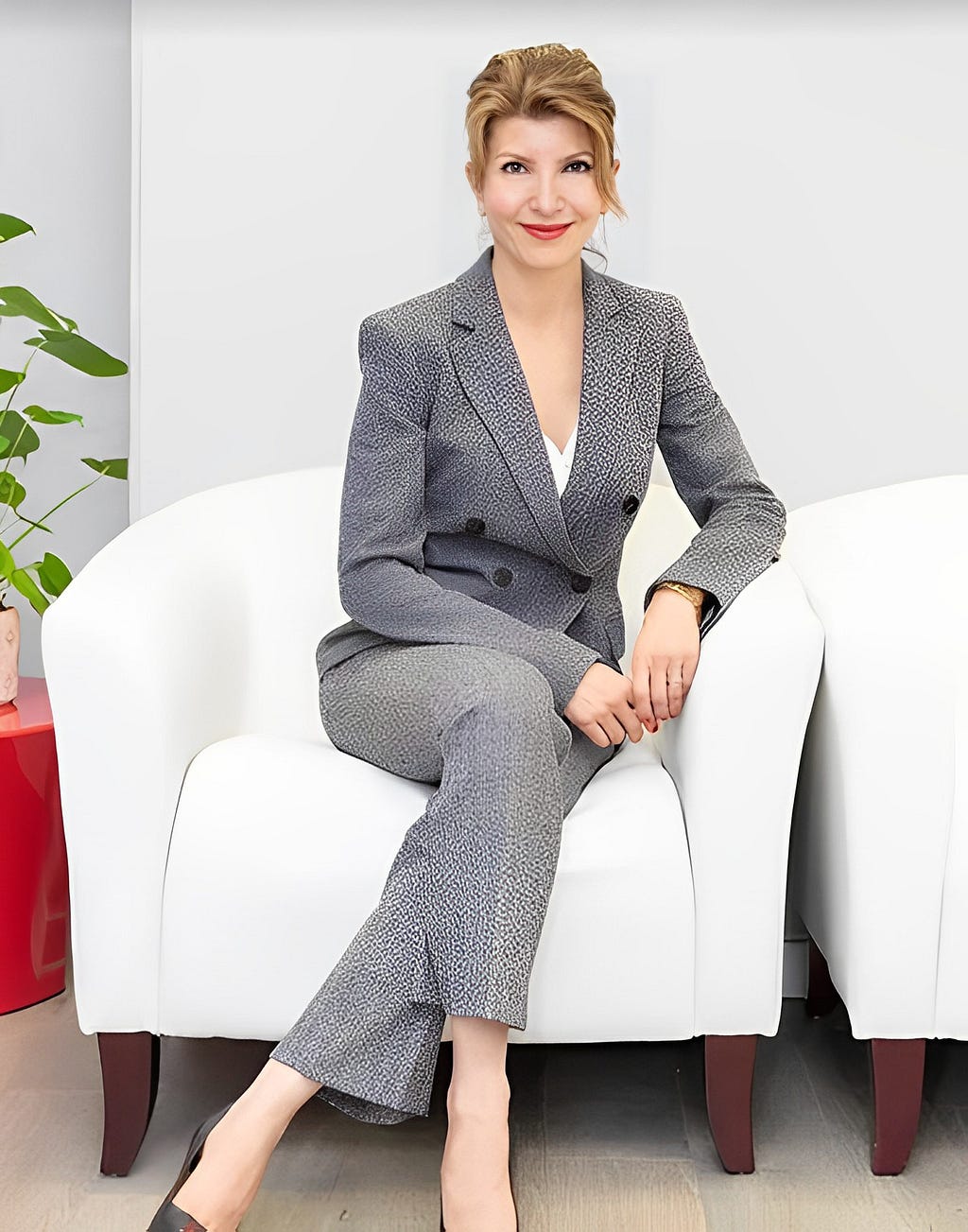
Craft strong foundations for your business. Make sure to comply with local and state business and regulatory requirements. In many instances, if the correct basic steps are not fulfilled, the process may have to be restarted, costing you precious time and money.
As a part of my series about women in wellness, I had the pleasure of interviewing Raana Kashani Gregg.
Raana is the founder and president of LUNAESCENT — Clean Skin Labs, a company that develops and sells innovative skincare beauty products. Besides being an entrepreneur, Raana is a mother of two teenagers, an attorney, an inventor, and a health and wellness researcher and enthusiast. She is a problem-solver who is passionate about coming up with simple and elegant solutions to everyday annoyances through her various inventions, and she believes in good design, good science, sustainability, and practicality.
Thank you so much for joining us in this interview series! Our readers would love to “get to know you” better. Can you share your “backstory” with us?
Thank you for this opportunity! My background is pretty non-linear. I was born in Tehran, Iran. I first moved to the United States in the 1970s and started grade school not knowing English and without friends, which was pretty unsettling. After a year, my situation (and my English) had improved, but my parents decided to move back to Iran, a scenario that played out several times during my childhood, leading to fractured friendships and cultural whiplash. In 1978, after a year of US high school in Sacramento California, my family went back to Iran for summer vacation and got trapped there by the Iranian Revolution.
After finishing high school in Tehran (the year before my co-ed international school was closed by the religious police), I escaped to Paris where I studied French and immersed myself in the French fashion and beauty scene (and did some modeling) while waiting for my student visa to the US. After a year, I moved back to the US (to Iowa), then to Silicon Valley, California, where I finished college, went to law school, and graduated with JD from Santa Clara University. After training as an associate at law firms, I started my own solo law firm and worked for many years as a litigation and estate lawyer until I met my husband (also a lawyer) and decided to suspend my practice to be a full-time mother.
The early pandemic was my first downtime in a while, and I found myself reflecting creatively again. Since I was young, I have been a tinkerer and inventor. When I was trapped in Iran as a teenager, I had a diary/sketchbook where I recorded thoughts and inventions, but I had to traumatically burn it when my father heard that the religious police planned to raid our house for evidence of dissent.
It was in this mindset that I came up with the concept for LUNAESCENT (and three other inventions — stories for another day!). And like many inventions, the idea arose from personal need. As I’ve aged, my skin is drier and needs more attention. I had started a nightly routine of high-end lotions, serums, and oils, which helped, but I was having real problems with application: Expensive product was getting absorbed by my fingertips, oils and serums were dripping through onto the counter, and I seemed to always be touching my face which I dislike. I was also trying to diligently apply sunscreen, but this involved more face-touching which was a particular problem outside the house with unwashed hands. I tried to find devices to do the job of my fingers, such as silicone brushes or jade rollers, but neither was effective: Silicone brushes just move the product around and cause waste, and jade rollers are not well designed for application. So I sketched out my perfect tool and showed my husband. He was sure that it must already exist, so I challenged him to find it on the Internet. Three days later he admitted that nothing like my tool existed online. I won that bet, and LUNAESCENT was born! I filed for patent protection, began manufacturing, expanded the family of products to include complementary tools, located distribution partners, and the brand is now selling successfully in the US and overseas with plans to expand internationally.
Can you share the most interesting story that happened to you since you started your career? What were the main lessons or takeaways from that story?
I will answer this questions based on my recent business career, rather than my previous legal career. One story that comes to mind happened at the first beauty trade show I attended after launching my product — the massive “CosmoProf” in Las Vegas — where I reserved a small booth in the middle of the aisle in the skincare area (booth 13, my lucky number). My practical goal for the trade show was to expose LUNAESCENT to beauty insiders and experts to determine if my invention had real potential or was just a pipe-dream. The response was more encouraging than I could have imagined, with enthusiastic industry confirmation that I had effectively invented a new product category — the touch-free applicator — which generated some exciting “viral” buzz. One memorable moment in particular revealed the subtle and important support structures that exist between women founders. On the last day of the convention, a lovely and friendly woman stopped by my booth, complimented my products, and took the time to offer some great business advice. When I pressed for her background, she eventually confessed that she had presented her own products at the exact same small booth in 2019, ended up winning a deal on Shark Tank, and was now selling in tens of thousands of retail stores nationwide. That moment was genuinely eye-opening and inspiring — tangibly revealing the potential pathways to success for innovative products and determined founders. I’m looking forward to going back to CosmoProf in a couple of years and providing my own business advice to fresh aspiring beauty entrepreneurs (maybe at lucky booth 13!).
Can you share a story about the biggest mistake you made when you were first starting? Can you tell us what lesson you learned from that?
I chose the name LUNAESCENT because it means “becoming the moon.” In Persian and Asian mythology, a moon face represents beauty. Also, my product is designed as a multi-purpose tool to provide consumers with a more effective skincare routine which leads to more radiant skin, connecting “moon” and “radiance” themes. And I just loved the way it sounds. I checked the website domain name for LUNAESCENT and it was available. And I checked company names and found no conflict. But I failed to check how search engines might treat the word “LUNAESCENT” before rolling out the new company. It turns out that search sites like Google would automatically convert “LUNAESCENT” to “luminescent.” So, until I was able to raise our SEO ranking with organic backlinks, searches for “LUNAESCENT” would automatically convert the text of the query, leading to frustration and negative business impact when customers and partners simply could not find our website. The lesson for others is that when starting a new venture, try to carefully consider all aspects of your decisions because small and unexpected wrinkles can make big differences.
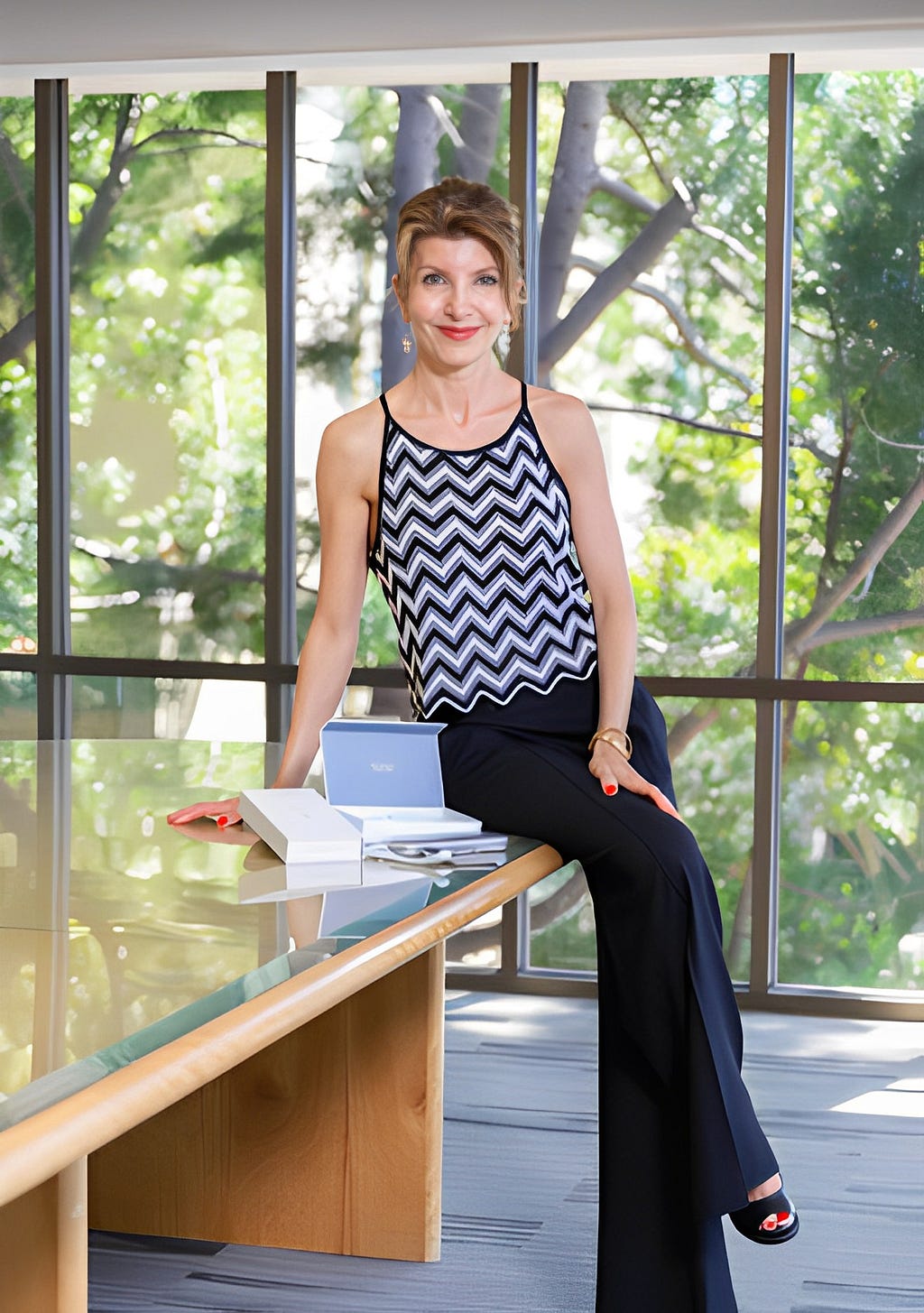
Let’s jump to our main focus. When it comes to health and wellness, how is the work you are doing helping to make a bigger impact in the world?
The pandemic was truly an eye-opener for me. It was deeply unsettling to watch the entire world brought to a standstill by a virus. Perhaps even more concerning is science’s prediction that the world will most likely witness dramatic increases in disease emergence and pandemics, and other existential issues, due to climate change.
As responsible citizens and entrepreneurs, we need to try to balance economic needs against the health of our planet. One way to help achieve positive goals is to minimize one-time use products. There is impressive industry movement, for example, directed to eliminating single-use water bottles. But there are many products, especially in the beauty field, that are designed as single-use and marketed for convenience.
I specifically designed LUNAESCENT to be a multipurpose, universal beauty tool with a long, multi-use life. Its many functions eliminate the need to buy multiple tools, and it is fully reusable, cleanable, and easy to maintain. Additionally, its touch-free design reduces one of the principal means of skin irritation and breakouts — touching our skincare products and our faces with our fingers.
Can you share your top five “lifestyle tweaks” that you believe will help support people’s journey towards better wellbeing? Please give an example or story for each.
- Mental Health — I am choosing mental health as my first choice because it is the foundation for healthy lifestyles and wellbeing. Starting a new business, while exciting and fulfilling, is very stressful. During one particularly stressful period, I noticed I was literally forgetting to breath which was causing heart palpitations and headaches. I have since tried to be more mindful of how stress was affecting my body. I now have a daily routine to set aside a short period (up to 15 minutes, but as short as 2) to check in with myself, review and acknowledge the day’s developments, and plan the coming day. It is a mental reset that works wonders.
- Physical Health — For me, physical health works in tandem with mental health. My best exercise routines are simple, consistent, and easily modified to daily circumstances. Any routine that is too fancy or restrictive becomes hard to maintain or becomes its own source of stress. When I travel, I take a yoga mat with me. The inevitable extra walking with travel counts toward exercise, and yoga keeps me flexible. When I’m back home, I return to my routine.
- Nutritional Health — I believe mental, physical, and nutritional health are the underpinnings of wellbeing. Good nutrition results in a healthier and stronger body, which leads to a more active lifestyle, which leads to less stress: It is a positive feedback loop leading to improved quality of life. I cook at home and follow a vegetarian/vegan diet because it makes me feel better and is better for the environment. I always keep green or black lentils in the pantry. When I have limited time, I cook lentils with water and salt, chop up some red onion and parsley, squeeze lime on top, and add olive oil. It is a heavenly, creamy dish that can be made in 30 minutes with zero prep.
- Community Health — The world-renowned Persian poet Sa’adi Shiraz said that all humans are limbs of one body. When one limb is hurt, the other limbs cannot remain at rest. I believe that being involved in our communities is essential to our wellbeing and the health of the community. So, right now, I volunteer my legal expertise for local non-profits at no charge.
- Read Labels — Educate yourself about what you put in and on your body. Nutritional food labels are federally regulated, so there is good reason to trust them. But cosmetics and beauty products are less unregulated and it takes more work to figure out if claims are puffing or science. I am skeptical of fantastical marketing claims such as “this stone has healing properties.”
If you could start a movement that would bring the most amount of wellness to the most amount of people, what would that be?
I would love to start a movement around women’s education programs — not just 4-year college degrees, but education in a more holistic sense. I strongly believe that educating women about their contributions and worth, and elevating their strengths at a local and national level, will benefit society and result in stronger and more resilient future generations.
What are your “5 Things I Wish Someone Told Me Before I Started” and why?
- There are many hidden costs in starting a business that do not reveal themselves until you are in the middle of your business plan. Make sure you factor in financial cushions to allow for samples, freebies, giveaways, and other marketing efforts, as well as any unexpected expenses.
- Engage professionals, but make sure you do your own independent research and analysis before you make important business decisions. My goal is not to become an expert in every field, but to have enough relevant understanding to be able to determine whether I’m getting good advice or not. Also, try not to proceed with just one choice. Interview multiple professionals, and use comparative information to evaluate and make your best choice.
- Craft strong foundations for your business. Make sure to comply with local and state business and regulatory requirements. In many instances, if the correct basic steps are not fulfilled, the process may have to be restarted, costing you precious time and money.
- Determine whether you need to file a trademark and/or patent for your business and product. If so, engage the services of reputable intellectual property attorneys early in the process. Patents take a long time to be processed and can be quite costly. Plan accordingly.
- It is important to have a vision and a “look” for your brand. “Branding” is not cheap. It would be nice to have a brand designer who can design your packaging, logo, website, and marketing efforts. However, for most startups, the cost is prohibitive. Look at similar products, study their concepts, and try to devise a vision that fits your brand. You can use platforms such as Fiverr and Upwork to hire designer for a fraction of the cost. If you decide to go that route, make sure to only use contractors who are certified as “pro” or have a high number of top-rated reviews.
Sustainability, veganism, mental health and environmental changes are big topics at the moment. Which one of these causes is dearest to you, and why?
I believe that these topics are interrelated, and I see them as a pyramid. Environmental changes, in my opinion, is the broadest layer and the foundation. We all need to take steps to ensure a stable climate and healthy environment. The other topics such as veganism and sustainability fold into this broader category, and are vital to helping reduce the effects of climate change. As an entrepreneur, I feel an extra responsibility of making sure my decisions do not exacerbate detrimental environmental impacts. Such concerns are why I designed LUNASESCENT to be a multipurpose and reusable tool, thereby reducing its carbon footprint.
If I had to choose, I will go with mental health. After seeing the devastating effect the pandemic, school closures, and forced and awkward remote learning had on my teenage children, I have become strikingly aware of the mental stress burdens being suffered these days by many of us. One of my first blog posts on my website was recommending taking a moment for yourself, to contemplate the day and recharge for tomorrow, as an essential daily routine.
What is the best way for our readers to further follow your work online?
The beauty and wellness industry is constantly evolving with new information and breakthroughs. My goal is to study the science behind the claims and separate the hype from the truth. I routinely update LUNAESCENT’s website and write new blogs on the latest wellness trends, research and developments, and how to achieve stronger and more resilient skin with the help of science and LUNAESCENT. My website is www.lunaescent.com; Instagram is @lunaescentskin; Facebook is Lunaescent.
Thank you for these fantastic insights! We wish you continued success and good health.
Women In Wellness: Raana Kashani Gregg of LUNAESCENT On The Five Lifestyle Tweaks That Will Help… was originally published in Authority Magazine on Medium, where people are continuing the conversation by highlighting and responding to this story.


